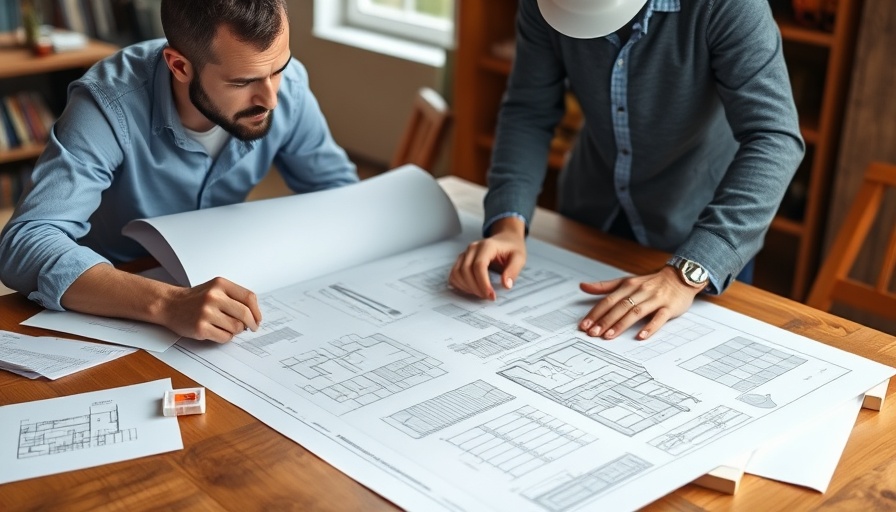
Understanding the Basics: Do You Need Planning Permission for a Loft Conversion?
Loft conversions are increasingly popular among homeowners looking to maximize their living space without the hassle of relocating. However, one of the principal concerns for many is navigating the complexities of planning permission. Many wonder, do you need planning permission for a loft conversion? The answer isn't straightforward, as it hinges on various factors related to your property and the specifics of the intended conversion.
The Ins and Outs of Permitted Development Rights
In many cases, loft conversions are covered under permitted development rights, which allow certain home improvements without the need for full planning permission. This legal framework is designed to simplify the renovation process, but there are strict guidelines that must be adhered to in order for your project to qualify.
Permitted development rights mean that if your proposed loft conversion meets specific criteria, you might not need to go through the challenges of a planning application. This makes understanding these rights essential for successful home renovations.
When Planning Permission is Not Required
If your upcoming loft project adheres to the following requirements, you may not need to submit a planning application:
- Your loft conversion must remain under 40 cubic meters if your home is terraced, or under 50 cubic meters for all other types of properties.
- New roof extensions must be lower than the height of your existing roof's apex, allowing you to maintain the original aesthetics of your home.
- Any roof extension—except hip-to-gable enlargements—must be set back at least 20 centimeters from the edge of the eaves.
- Construction materials must be similar in appearance to your current home. Avoid materials like UPVC unless absolutely necessary.
- Extensions on the road-facing side of your home need to be carefully managed; they should not protrude outwards beyond your home's existing slope.
The Emotional Value of Adding Space
The decision to convert a loft isn't purely financial; it offers significant emotional benefits for homeowners. For many, remaining in a cherished neighborhood while increasing the available space can enhance quality of life. This becomes increasingly important for those managing families or looking to host guests.
Consider the renewed sense of pride when transforming an underutilized area into a functional and stylish living space. Whether it becomes a cozy bedroom, an office, or a vibrant creative space, the potential for transformation is vast.
Practical Insights for a Successful Loft Conversion
Planning is critical when establishing a successful loft conversion. Engage with experienced professionals like architects or builders who specialize in renovations. They can provide valuable insights into local regulations and help determine whether your desired plan fits within permitted development.
Additionally, conducting a thorough analysis of your property's structure is essential. Factor in load-bearing walls and the space’s overall architecture to ensure safety and feasibility. Incorporating natural lighting through dormer windows or skylights can also enhance the appeal of the converted loft.
Future Trends: The Growing Demand for Urban Space
As urban areas become more congested, the trend towards converting underused spaces will likely continue to grow. Homeowners will increasingly value flexibility in their living arrangements as they juggle remote work and home life. Statistics indicate that loft conversions can add considerable value to properties, making them an appealing option for those looking to invest rather than move.
Final Thoughts: Empower Your Space
A loft conversion presents an exciting opportunity to personalize your space and add value to your home. Understanding when planning permission is required—plus the potential emotional and financial benefits—can empower you to undertake this rewarding project. With proper research and planning, you can transform your loft into a beautiful and practical addition that suits your lifestyle.
As you ponder this journey of home improvement, consider the long-term benefits it could bring—not just in comfort, but in financial equity.
 Add Row
Add Row  Add
Add 




 Add Row
Add Row  Add
Add 

Write A Comment